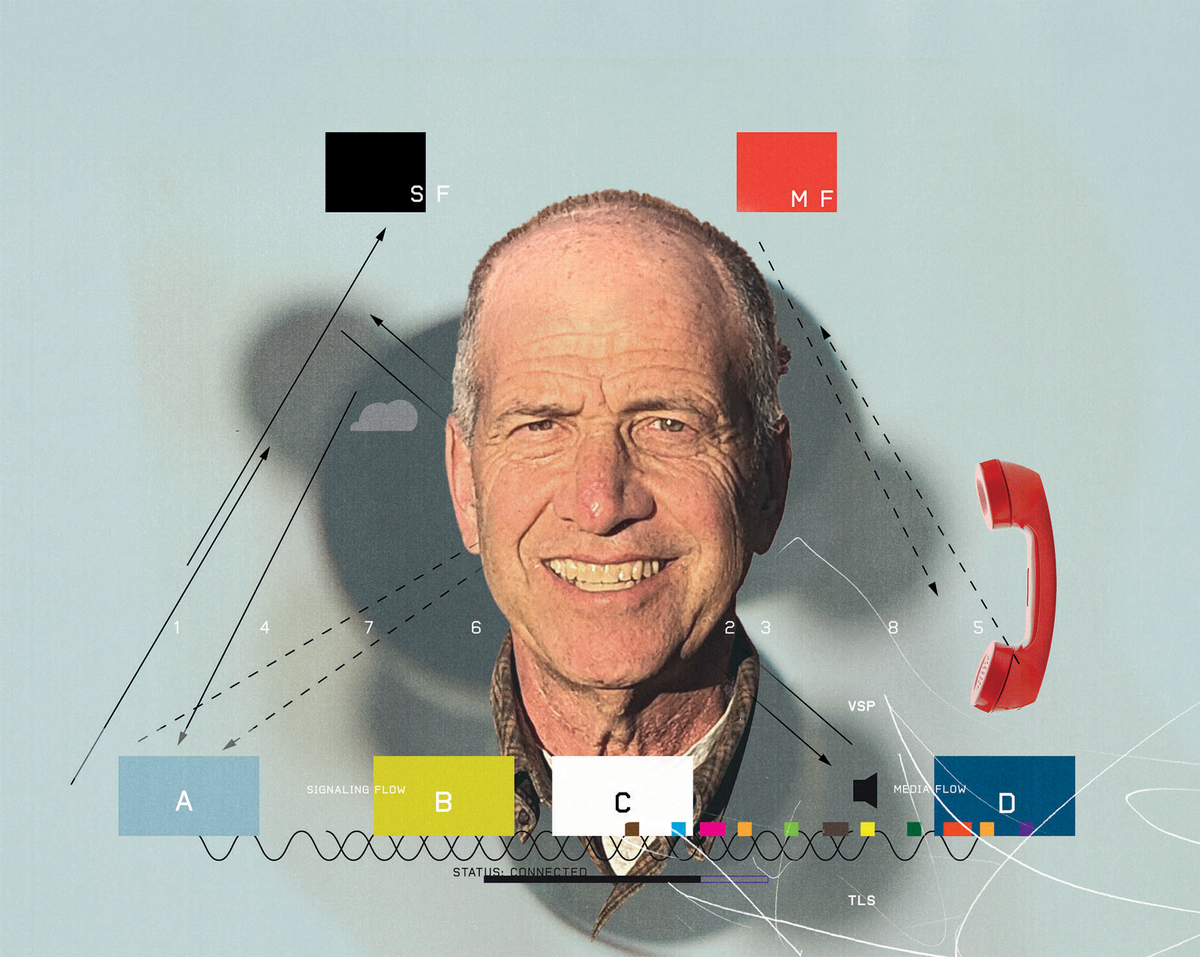Ford’s Research and Innovation Center in Palo Alto, officially launched in January 2015 with just 15 employees, now employs some 100 researchers, and that number will continue to grow, said Ford CEO Mark Fields at an end-of-year briefing for local press this week.
Twenty percent of the researchers, he indicated, were already working for Ford at other locations in the United States, China, Germany, and Australia; the rest have come from universities, startups and other companies—including from the U.S. Secret Service. Some 20 percent have Ph.D. degrees, another 40 percent have masters’ degrees, Fields said, and about 65 percent are millennials.
Field’s remarks about hiring come at a time in which the competition for engineers working in advanced vehicle research is in the news, with Apple staffing up, Tesla CEO Elon Musk tweeting out a call for autonomous vehicle experts, and Uber poaching an entire team from Carnegie Mellon.
So how do you win the hiring game? According to Ken Washington, vice president of research and engineering:
“We’ve had no trouble at all attracting people into the team. Once we show them what we are really working on, how we are stitching together complex data and integrating it onto real vehicles, how we have an ambitious goal and people feel the buzz in the organization around making it happen, it’s really attractive.”
CEO Fields also pointed to Ford’s 112-year history and strong brand as a draw. (You probably don’t have to work to hard at explaining what you do if you’re working for Ford.) And, he said, Ford’s kitchen stocks great health bars. (Fields really likes those health bars, he mentioned them several times.)
Fields said that Ford is also tapping into Silicon Valley brainpower by partnering with startup companies; it’s got projects with 40 so far, and it’s meeting with another 160. Washington pointed out that, though the executives do make a point of going out and visiting startups and incubators, most of the connections between Ford and startup founders happen organically.
“They (the founders) meet individuals on our team; they drink coffee at the same coffee shops, they go to the same grocery stores; that’s the way it is in Silicon Valley.” (Sort of. He left out the sidelines of kids’ soccer games. Memo to Ford: soccer games here are huge networking opportunities.) Our people “invite them to meet with us, we tell them what we are doing, we ask what they are doing. It’s a very open door,” Fields said.
Walking around Ford’s facility, I could confirm that the researchers skewed to the millennial generation. I also noted that this, unlike some Silicon Valley companies, isn’t a boys’ club. “That,” one of the women on the team told me, “maybe because this wasn’t a startup, so there isn’t that core group of friends that came out of school together. We were all strangers to each other when we started; perhaps that makes it more open.” She also said that because some early hires were women, women recruits do see a mixed environment when they visit, so that may be helping bring them in.
Even though there may not be an overt push to hire women, Ford is making a formal effort to address the pipeline problem: at the event, Ford also announced that it would help support the local chapter of Girls Who Code by providing mentors, instructors, and hands-on experience in its lab.
Correction made 18 December
Tekla S. Perry is a senior editor at IEEE Spectrum. Based in Palo Alto, Calif., she's been covering the people, companies, and technology that make Silicon Valley a special place for more than 40 years. An IEEE member, she holds a bachelor's degree in journalism from Michigan State University.
![Ford CEO Mark Fields [left] and vice president of research and engineering Ken Washington [right].](https://spectrum.ieee.org/media-library/ford-ceo-mark-fields-left-and-vice-president-of-research-and-engineering-ken-washington-right.jpg?id=25579607&width=1200&height=900)


